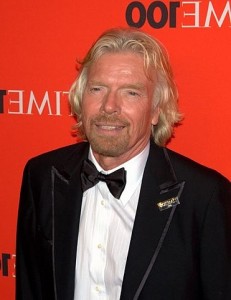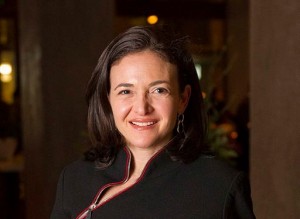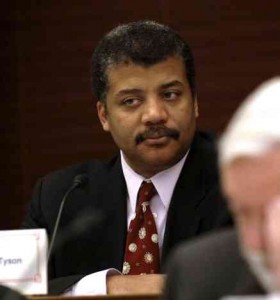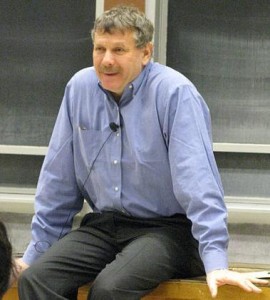 Try to find someone on LinkedIn who acknowledges his inexperience. OK, you can find a few, yet out of 150 million+ users, rare is the individual who openly claims his lack of practical knowledge.
Try to find someone on LinkedIn who acknowledges his inexperience. OK, you can find a few, yet out of 150 million+ users, rare is the individual who openly claims his lack of practical knowledge.
Until now.
Thanks to Sir Richard Branson, we see that a dearth of experience is less of a problem, and more a path to advancement.
In a recent Q & A at Entrepreneur, the chair of the Virgin Group debunks the stigma of inexperience. He writes:
A lack of experience does not have to be a liability — it can be an asset. It is something you should play up when you discuss your ideas with prospective investors, partners and employees.
He drives his point home with a personal story:
I have always used my own and my team’s lack of experience to our advantage. In fact, at our first venture, Student magazine, we used our newcomer status to secure great interviews and generate publicity — people were excited about our new project and wanted to get involved. Our inexperience fed our restless enthusiasm for trying new things, which became part of our core mission.
Don’t you love the way he turns something potentially mortifying into an opportunity, and seizes it outright? Perhaps it’s time for you to come out at work with your inexperience.
As Branson points out, you have nothing to hide, and a lot of business to gain.
Image via





